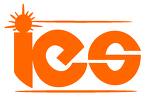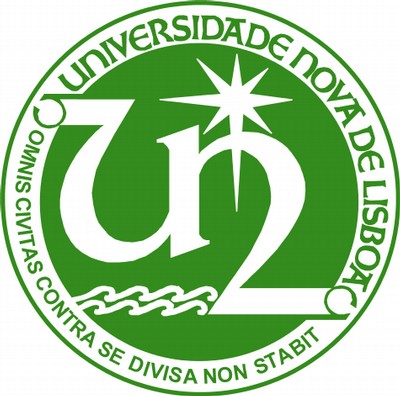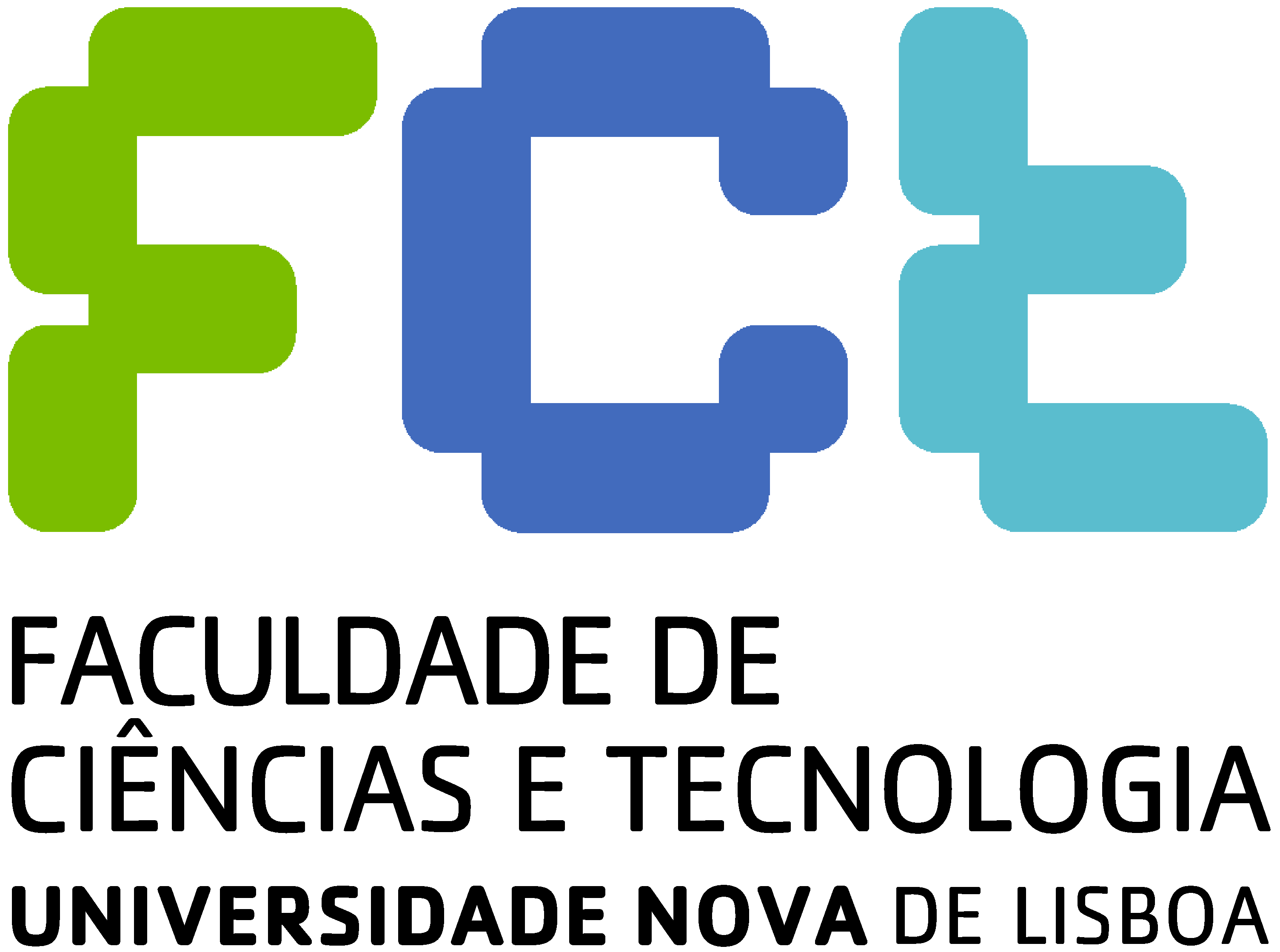DoCEIS'10 Plenary Talks
Plenary talk 1
| Is Research Meta-Thinking? | |
| Eugénio Oliveira (University of Porto, Portugal) |
Are you really willing to do a PhD thesis scientifically meaningful?
Are you really able to resist to the attractive force of just using technology for achieving valuable results?
Are you aware of the dangers pseudo-scientific reasoning can present to your own work?
Are you sure that the conclusions you may induce from your observations absolutely hold?
Are you going to do research using Classical or Post-modern methods?
Let us talk about these issues and think …or meta-think…
Biography
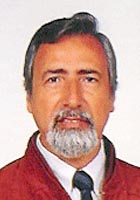 Eugénio Oliveira is full Professor at the University of Porto in Portugal. He is coordinator of
a Research Group on Distributed Artificial Intelligence and of LIACC- Artificial Intelligence
and Computer Science research Lab at the same University. He is also Director of the Doctoral
Program in Informatics Engineering. He was first with Brown, Boveri C, in Switzerland and later,
in the eighties he got his PhD in Knowledge Engineering and Logic Programming at the Universidade
Nova in Lisbon. He was Guest Academic at IBM/IEC in La Hulpe, Belgium (84-85). He was awarded
with the Gulbenkian Prize in 83. He has been involved in several European as well as national
funded projects involving advanced features of intelligent agents for applications. He has
graduated more than 10 PhD students in the same area. He is a Member of the Editorial Boards
of “Agents and Multi-Agents Systems International Journal”, Springer, “Agent Oriented Software
Engineering”, Inderscience, “Intelligent Decision Technologies”, IOS Press. His main current
topics of interest are Agent-based frameworks for B2B interoperability, Multi-agent learning
methods, Computational models for Agents Trust & Reputation and agent-based team work strategies
He has published a large number of papers in international journals and conference proceedings.
Eugénio is a co-founder of AgentLink network of Excellence and Agreement Technology Network both
EU funded.
Eugénio Oliveira is full Professor at the University of Porto in Portugal. He is coordinator of
a Research Group on Distributed Artificial Intelligence and of LIACC- Artificial Intelligence
and Computer Science research Lab at the same University. He is also Director of the Doctoral
Program in Informatics Engineering. He was first with Brown, Boveri C, in Switzerland and later,
in the eighties he got his PhD in Knowledge Engineering and Logic Programming at the Universidade
Nova in Lisbon. He was Guest Academic at IBM/IEC in La Hulpe, Belgium (84-85). He was awarded
with the Gulbenkian Prize in 83. He has been involved in several European as well as national
funded projects involving advanced features of intelligent agents for applications. He has
graduated more than 10 PhD students in the same area. He is a Member of the Editorial Boards
of “Agents and Multi-Agents Systems International Journal”, Springer, “Agent Oriented Software
Engineering”, Inderscience, “Intelligent Decision Technologies”, IOS Press. His main current
topics of interest are Agent-based frameworks for B2B interoperability, Multi-agent learning
methods, Computational models for Agents Trust & Reputation and agent-based team work strategies
He has published a large number of papers in international journals and conference proceedings.
Eugénio is a co-founder of AgentLink network of Excellence and Agreement Technology Network both
EU funded.
| top |
Plenary talk 2
|
Why my PhD dissertation is so important? Why the society is keeping an eye on my invention? |
|
| Jorge Dias (Technology Transfer Institute - IPN, Portugal) |
This talk is about the concept of innovation process and the importance of inventors in the process of economical growth. Innovation is not science or engineering, and it is not technology; it is about taking ideas and developing them into products and services and bringing them to the marketplace to generate new economic growth. Innovation does not develop new theories, and it does not search for the unknown. Innovation involves a “put-it-all-together” competence, where the known are reconfigured or architected in some new configuration. The innovation is related with invention through a qualitative expression expressed by: Innovation = Invention + Commercialization or Implementation. Invention is the act of genius in creating a new concept for a potentially useful new device or service.
Ideas lead to concepts and to inventions. Inventions may or may not involve some revolutionary discovery. In most cases, inventions provide for creating new combinations of what is already known into a new architecture. Innovation is differentiated from idea, concept and invention, since it involves execution, i.e., commercialization, or implementation. Innovation involves risk-taking and in this talk we will show some of representative cases of innovative companies promoted by Instituto Pedro Nunes.
Biography
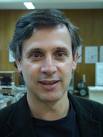 Jorge Dias is currently Vice-President of the technology transfer institute IPN - Instituto Pedro Nunes
and holds his research activities on the System and Robotics Institute from the University of Coimbra.
Jorge Dias research topics are in the area of Computer Vision and Robotics, with activities and
contributions on the field since 1984. He has several publications on Scientific Reports, Conferences,
Journals and Book Chapters. Jorge Dias teaches at the Electrical Engineering and Computer Science
Department- from the Faculty of Science and Technology - University of Coimbra and he is responsible
for courses on Computer Vision, Robotics, Industrial Automation, Microprocessors and Digital Systems.
He was researcher from several projects financed by the Portuguese Foundation for Science and
Technology and by European Community. He is currently vice president of "Sociedade Portuguesa de
Robotica" (SPR) and officer for the Portuguese Chapter for IEEE RAS (Robotics and Automation Society).
Jorge Dias is currently Vice-President of the technology transfer institute IPN - Instituto Pedro Nunes
and holds his research activities on the System and Robotics Institute from the University of Coimbra.
Jorge Dias research topics are in the area of Computer Vision and Robotics, with activities and
contributions on the field since 1984. He has several publications on Scientific Reports, Conferences,
Journals and Book Chapters. Jorge Dias teaches at the Electrical Engineering and Computer Science
Department- from the Faculty of Science and Technology - University of Coimbra and he is responsible
for courses on Computer Vision, Robotics, Industrial Automation, Microprocessors and Digital Systems.
He was researcher from several projects financed by the Portuguese Foundation for Science and
Technology and by European Community. He is currently vice president of "Sociedade Portuguesa de
Robotica" (SPR) and officer for the Portuguese Chapter for IEEE RAS (Robotics and Automation Society).
| top |
Plenary talk 3
| Future Production Systems: are the Roadmaps right or do we need something else? | |
| Mauro Onori (The Royal Institute of Technology (KTH), Sweden) |
The keynote will start with a very brief overview of the conclusions brought by several Roadmaps, including ManuFuture, MINAM, EUPASS, FutMan and others. In these detailed publications the key technologies and R&D areas are well specified and do, to a large extent, come to the same conclusions. The result of these, at European level, has been the PPP call from the FP7 Programme.
The paper then analyses if the PPP call is sufficient to bridge the named gaps, or whether there are other issues that should be mentioned. Amongst these forgotten issues is the fact that, from an industrial point-of-view, real breakthroughs require 5-8 years to reach a pre-competitive level. This indirectly means that we should have a very long-term R&D agenda, with strong venture capital, and that voids following “technology trends”. From a scientific point-of-view the challenges should avoid the concept of launching new terms or success stories and return to a stable, thorough, and objective development of new concepts that avoid abstract discussion and focus on proving/disproving each hypothesis or building block in the approach.
Therefore, the main question being raised is: are we on the right track? An analysis of this question is then carried out through the perspective of Evolvable Assembly Systems, a paradigm launched in 2002 and that has worked its way through many obstacles. This analysis will raise other queries, such as:
- How do we define evolvable systems?
- What is the evolvable domain?
- Is it quantifiable or only qualitative?
- What are the mechanisms and driving factors?
- How do we believe this may be achieved?
- How do we interpret machine intelligence?
Biography
 Mauro Onori is Associate Professor at KTH, The Royal Institute of Technology, Sweden, where he is
Research Leader at the Manufacturing Systems Production Engineering (Dep) School of Industrial
Engineering and Management. He has been involved in numerous research projects and international
conferences on advanced manufacturing systems and evolvable assembly systems.
Mauro Onori is Associate Professor at KTH, The Royal Institute of Technology, Sweden, where he is
Research Leader at the Manufacturing Systems Production Engineering (Dep) School of Industrial
Engineering and Management. He has been involved in numerous research projects and international
conferences on advanced manufacturing systems and evolvable assembly systems.| top |
Plenary talk 4
| The role of PhDs as Entrepreneurs | |
| António Camara (YDreams - Portugal) |
The difference between the main universities in the world and the others is in the hidden curriculum: the extra-curriculum competencies that can be obtained through the university experience, namely through the PhD programs. Those competencies are addressed in this presentation, showing their importance in the education / training of scientists and entrepreneurs.
Biography
 António Câmara is full Professor at the New University of Lisbon, Portugal and President of YDreams.
He got his PhD at Virginia Tech (1982) and was Post-Doctoral Associate at Massachusetts Institute
of Technology (MIT) (1983).
António Câmara is full Professor at the New University of Lisbon, Portugal and President of YDreams.
He got his PhD at Virginia Tech (1982) and was Post-Doctoral Associate at Massachusetts Institute
of Technology (MIT) (1983). António Câmara has been a pioneer in the area of geographical information systems. He has about 150 international publications including the book “Environmental Systems” published by Oxford University Press (2002).
António Câmara is a co-founder of YDreams (Jun 2000). A YDreams is one of the world leaders in augmented reality.
| top |




